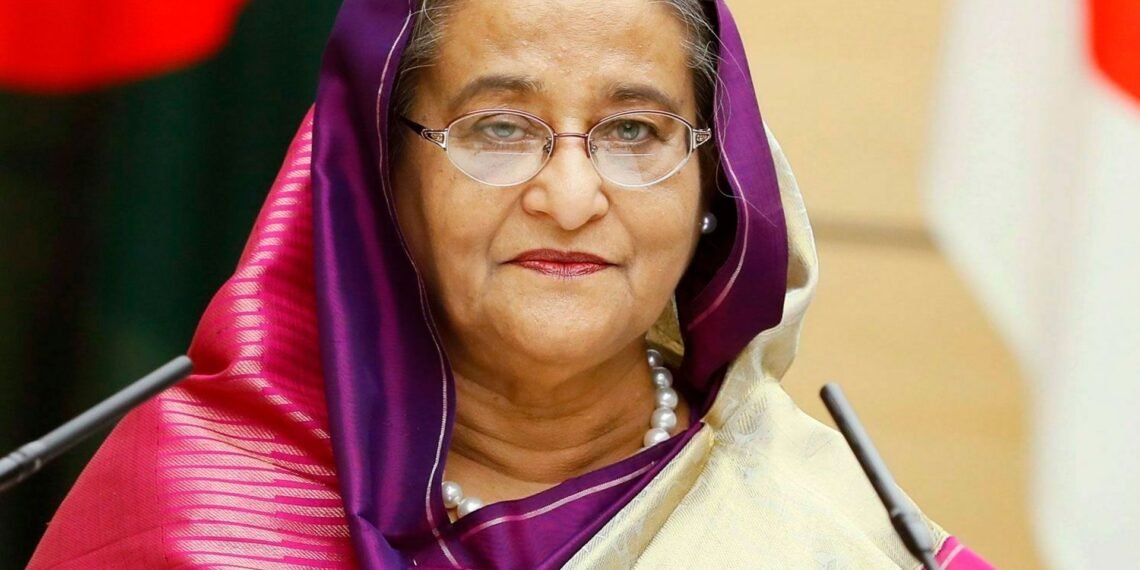Bangladesh has sent a diplomatic note to India seeking the extradition of Sheikh Hasina, the ousted leader in exile. Officials cite an extradition treaty as the basis for the request, aiming to hold Hasina accountable for alleged human rights violations during her 16-year rule.
By PC Bureau
Bangladesh’s interim government announced on Monday that it has formally requested India to extradite former Prime Minister Sheikh Hasina, who has been living in exile since August 5 after fleeing mass protests that ended her 16-year rule.
India on Monday confirmed receiving an official request from the interim Bangladesh government, led by Nobel laureate Muhammad Yunus, seeking the extradition of deposed prime minister and Awami League chief Sheikh Hasina to Dhaka.
Read more: https://t.co/LlX9vzs173… pic.twitter.com/aE75mDm0um
— IndiaToday (@IndiaToday) December 23, 2024
The 77-year-old leader is facing charges from Bangladesh’s International Crimes Tribunal (ICT), which has issued arrest warrants against her and several former officials for alleged “crimes against humanity and genocide.”
“We have submitted a diplomatic note to the Indian government requesting Sheikh Hasina’s return for judicial proceedings,” said Foreign Affairs Adviser Touhid Hossain during a press briefing.
Home Adviser Jahangir Alam confirmed earlier in the day that his office had initiated the extradition process by coordinating with the foreign ministry. “An existing extradition treaty between Dhaka and New Delhi provides the legal framework for her return,” Alam stated, emphasizing the government’s intent to pursue the matter.
Last month, Chief Adviser Muhammad Yunus reiterated the government’s commitment to accountability, declaring during a national address that it would actively seek Hasina’s extradition. “Justice must be served for every life lost,” Yunus said, alleging that her regime was responsible for the deaths of 1,500 people and injuries to nearly 20,000 during the protests.
The government has accused Hasina of making inflammatory political statements from Indian soil, calling it an “unfriendly gesture.” In an earlier interview, Yunus demanded that Hasina remain silent to avoid straining diplomatic ties until her extradition is finalized.
In recent weeks, Hasina has criticized the interim administration, accusing it of committing “genocide” and neglecting the safety of minorities, particularly Hindus, since her departure.
Bangladesh’s pursuit of Hasina’s return marks a significant escalation in its political and judicial efforts following her ouster, setting the stage for a potentially contentious diplomatic exchange with India.














